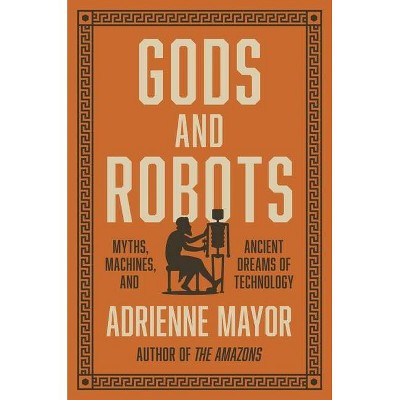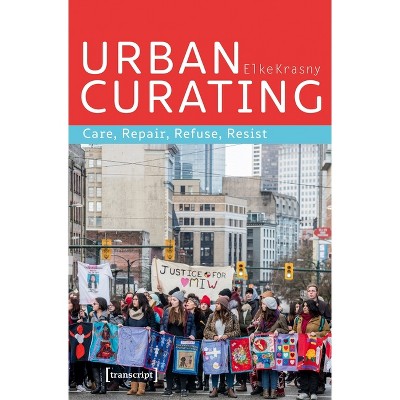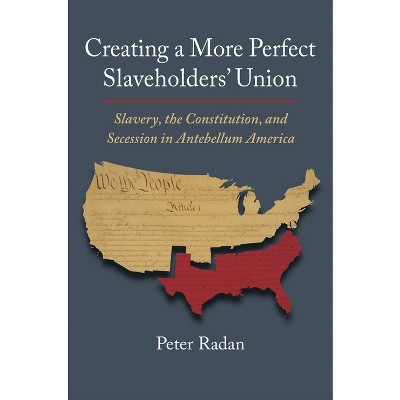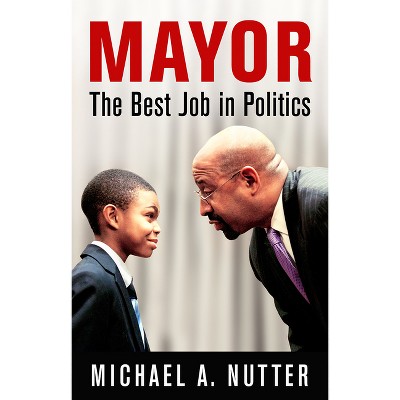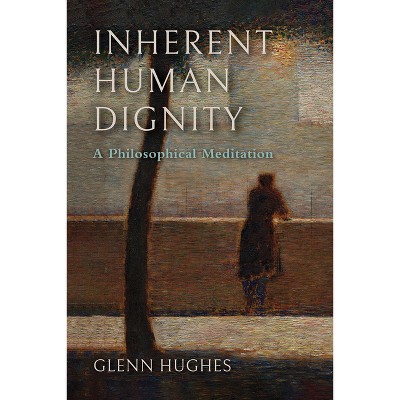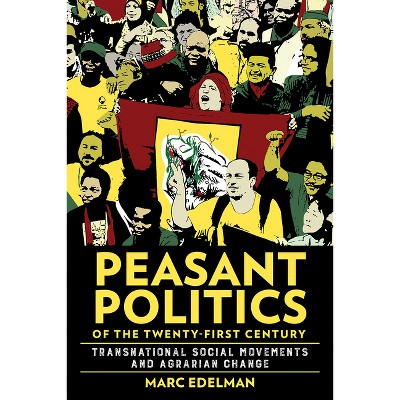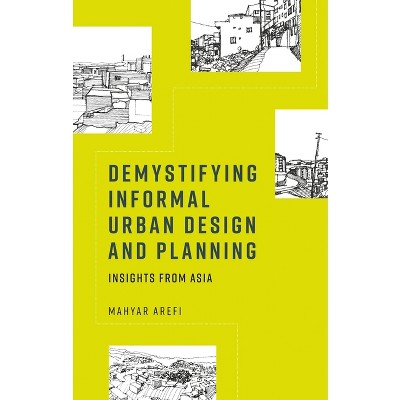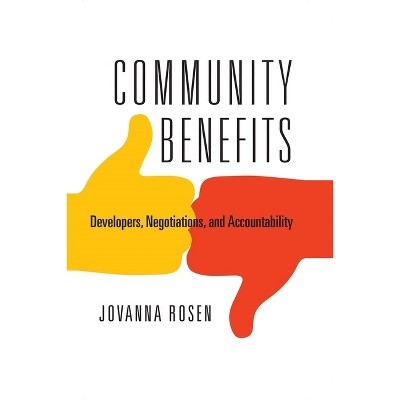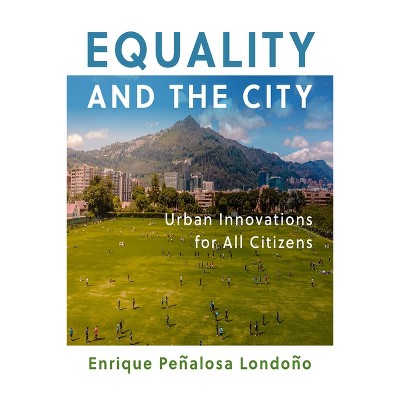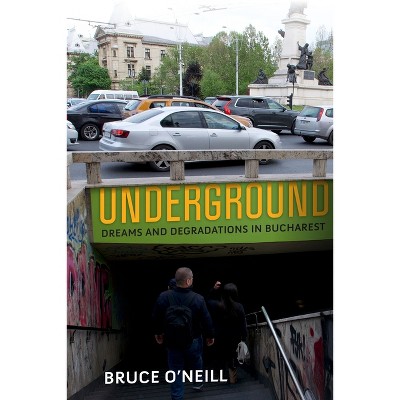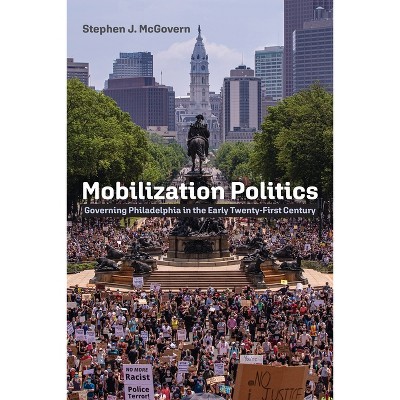Sponsored

Urban Planning in a World of Informal Politics - (City in the Twenty-First Century) by Chandan Deuskar (Hardcover)
In Stock
Sponsored
About this item
Highlights
- In many rapidly urbanizing countries in Africa, Asia, and Latin America, local politics undermines the effectiveness of urban planning.
- About the Author: Chandan Deuskar has several years of experience working on urban development in Asia, Africa, and elsewhere, with the World Bank and other organizations.
- 248 Pages
- Political Science, Public Policy
- Series Name: City in the Twenty-First Century
Description
About the Book
"This book draws from multiple disciplines and uses mixed methods to explore how politicians in developing democracies provide urban land and services to the poor in exchange for political support, how this impacts urban growth, and how urban planners can try to be more effective in this challenging political context"--Book Synopsis
In many rapidly urbanizing countries in Africa, Asia, and Latin America, local politics undermines the effectiveness of urban planning. Politicians have incentives to ignore formal urban plans and sideline planners, and instead provide urban land and services through informal channels in order to cultivate political constituencies (a form of what political scientists refer to as "clientelism"). This results in inequitable and environmentally damaging patterns of urban growth in some of the largest and most rapidly urbanizing countries in the world. The technocratic planning solutions often advocated by governments and international development organizations are not enough. To overcome this problem, urban planners must understand and adapt to the complex politics of urban informality.
In this book, Chandan Deuskar explores how politicians in developing democracies provide urban land and services to the urban poor in exchange for their political support, demonstrates how this impacts urban growth, and suggests innovative and practical ways in which urban planners can try to be more effective in this challenging political context. He draws on literature from multiple disciplines (urban planning, political science, sociology, anthropology, and others), statistical analysis of global data on urbanization, and an in-depth case study of urban Ghana. Urban planners and international development experts working in the Global South, as well as researchers, educators, and students of global urbanization will find Urban Planning in a World of Informal Politics informative and thought-provoking.Review Quotes
"Urban Planning in a World of Informal Politics offers valuable insights, effectively bridging worlds of policymaking and academic pursuits. Anybody interested in the present and future of cities in the Global South should read it."-- "Journal of Urban Affairs"
About the Author
Chandan Deuskar has several years of experience working on urban development in Asia, Africa, and elsewhere, with the World Bank and other organizations. He holds degrees in city planning and architecture from the University of Pennsylvania, MIT, and Columbia University. He was raised in Mumbai, India, and currently lives in Washington, DC.Shipping details
Return details
Frequently bought together
Trending Non-Fiction






